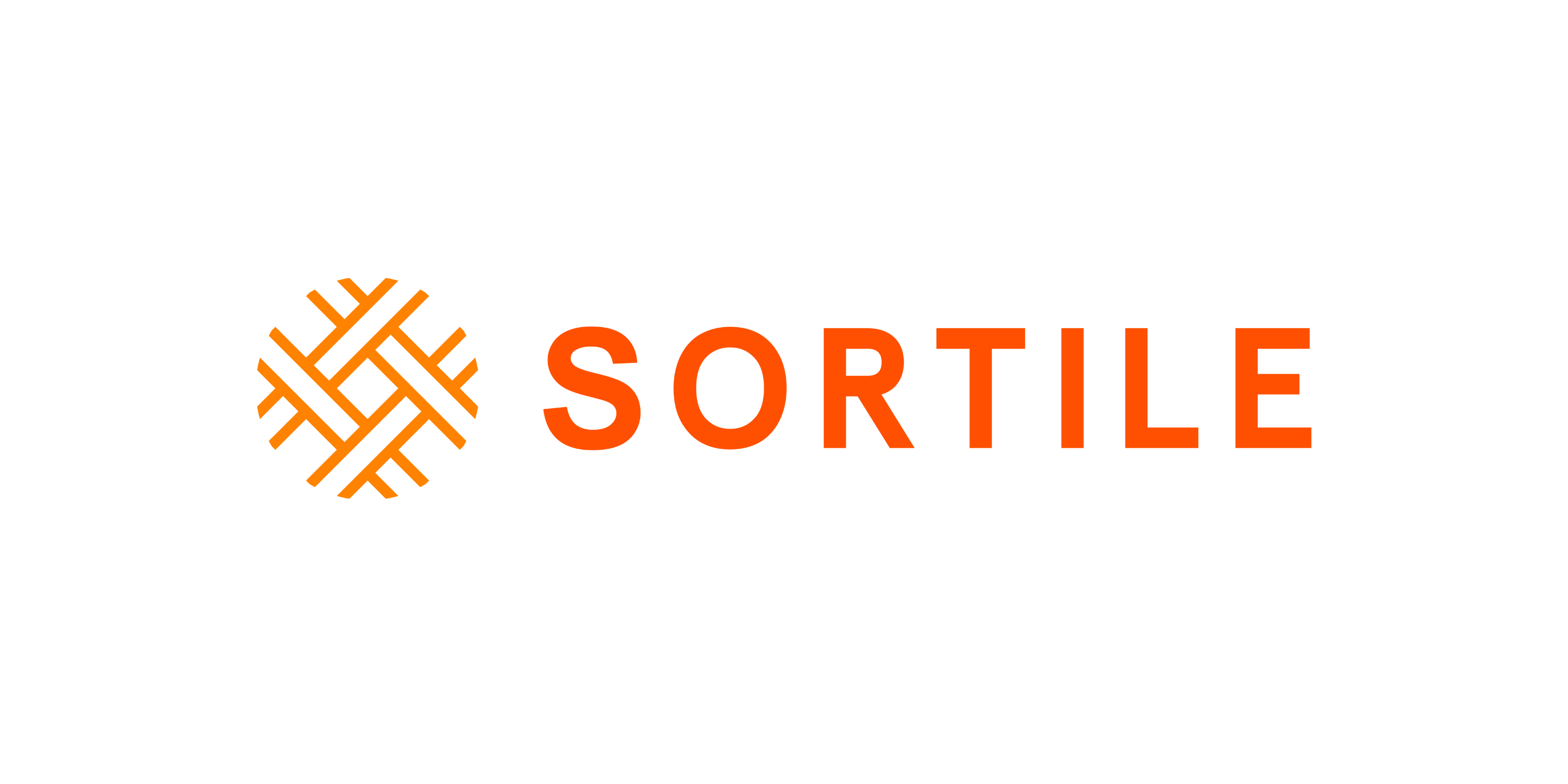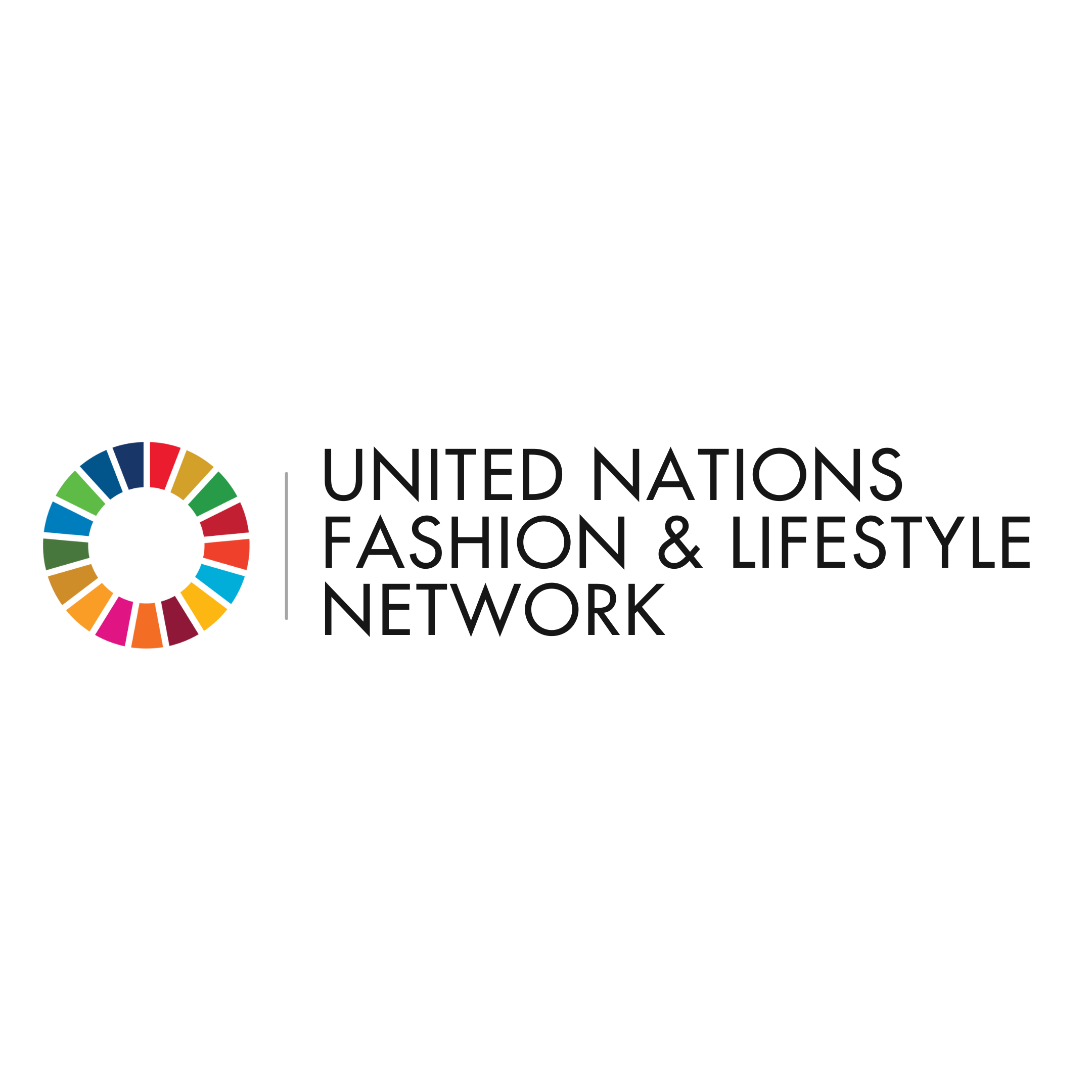Sortile
Sortile
(
Private sector
)
#SDGAction50718
Description
Sortile is a NYC-based StartUp that it’s on a mission to divert textiles from landfills through its textile management system. Sortile provides an integral solution to identify, sort and recommend the best outlet for different textiles. The Sortile Device allows collectors and sorters to sort textile by fiber composition, color and other relevant features. The Sortile software offers brands, collectors and recyclers crucial insights into the items and materials being collected. These data analytics services increase transparency and traceability in the industry and allow us to accurately measure impact. These solutions make it possible to significantly advance textile-to-textile recycling and promote circular fashion.
By partnering with brands, collectors and sorters, we promote a solution for the post-consumer textile waste through our Sortile Device Technology, which is able to identify the fiber composition of garments with a 95% of accuracy and in less than 1 second. These efficiency gains will make it possible for the current sorting infrastructure to scale up the sale of raw material volumes to recyclers for fiber to fiber recycling. Additionally, we collect data, both from our own hardware device as well as additional IoT devices and data sources on the amount of items or material for over 100 categories. This allows us to provide data analytics tools for sorters, tools to perform waste characterization studies, impact reports for brands’ take-back programs and more.
Through our participation in the textile recycling value chain, facilitating logistics for brands’ end-of-life programs of their products through our partnership with sorters, and participating in pilot projects and industry conferences, we share knowledge and data on the textile-to-textile recycling industry and textile waste mapping. We have also performed waste characterization studies along non-profit organizations and municipalities where we share all collected data so that the information can fuel important infrastructure and policy changes.
Sortile must coordinate with all the relevant stakeholders. Relationships with collectors and sorters are at the backbone of the company. We must understand how their processes work today, how our technology can aid in making them more efficient and provide them with the necessary tools to manage textiles and reduce the amount sent to landfills at its maximum. We must also have strong relationships with fiber-to-fiber recyclers so that our sorting device is able to produce the quality feedstock they need. Lastly, having a continuous conversation and partnership with brands is a must as they are the ultimate decision makers. Having a clear understanding of their supply chain, relevant data and material needs will be crucial for the further development of Sortile.
Through our pilots, Sortile has reduced the time of sorting by fiber composition up to 5 times (compared to traditional methodologies). The increase in the volume sorted will be a key insight to understand the capacity of the post-consumer textile waste for textile to textile recycling in the near future. Additionally, learnings associated on how we can reduce the logistic costs of collection and sortation of these products will be relevant as the industry continues to scale. By learning from brands' needs and reporting the end-of-life of their products, will be able to capture their volumes collected and their impact in terms of greenhouse emissions and savings. This in turn can have a significant impact in policy, fashion design and future supply chain decision making.
Brands/Retailers, Collectors, Sorters, Recyclers
SDGS & Targets
Goal 12
Ensure sustainable consumption and production patterns
12.1
Implement the 10-Year Framework of Programmes on Sustainable Consumption and Production Patterns, all countries taking action, with developed countries taking the lead, taking into account the development and capabilities of developing countries
12.1.1
Number of countries developing, adopting or implementing policy instruments aimed at supporting the shift to sustainable consumption and production
12.2
By 2030, achieve the sustainable management and efficient use of natural resources
12.2.1
Material footprint, material footprint per capita, and material footprint per GDP
12.2.2
Domestic material consumption, domestic material consumption per capita, and domestic material consumption per GDP
12.3
By 2030, halve per capita global food waste at the retail and consumer levels and reduce food losses along production and supply chains, including post-harvest losses
12.3.1
(a) Food loss index and (b) food waste index
12.4
By 2020, achieve the environmentally sound management of chemicals and all wastes throughout their life cycle, in accordance with agreed international frameworks, and significantly reduce their release to air, water and soil in order to minimize their adverse impacts on human health and the environment
12.4.1
12.4.2
(a) Hazardous waste generated per capita; and (b) proportion of hazardous waste treated, by type of treatment
12.5
By 2030, substantially reduce waste generation through prevention, reduction, recycling and reuse
12.5.1
National recycling rate, tons of material recycled
12.6
Encourage companies, especially large and transnational companies, to adopt sustainable practices and to integrate sustainability information into their reporting cycle
12.6.1
12.7
Promote public procurement practices that are sustainable, in accordance with national policies and priorities
12.7.1
Number of countries implementing sustainable public procurement policies and action plans
12.8
By 2030, ensure that people everywhere have the relevant information and awareness for sustainable development and lifestyles in harmony with nature
12.8.1
Extent to which (i) global citizenship education and (ii) education for sustainable development are mainstreamed in (a) national education policies; (b) curricula; (c) teacher education; and (d) student assessment
12.a
Support developing countries to strengthen their scientific and technological capacity to move towards more sustainable patterns of consumption and production
12.a.1
Installed renewable energy-generating capacity in developing and developed countries (in watts per capita)
12.b
Develop and implement tools to monitor sustainable development impacts for sustainable tourism that creates jobs and promotes local culture and products
12.b.1
Implementation of standard accounting tools to monitor the economic and environmental aspects of tourism sustainability
12.c
Rationalize inefficient fossil-fuel subsidies that encourage wasteful consumption by removing market distortions, in accordance with national circumstances, including by restructuring taxation and phasing out those harmful subsidies, where they exist, to reflect their environmental impacts, taking fully into account the specific needs and conditions of developing countries and minimizing the possible adverse impacts on their development in a manner that protects the poor and the affected communities
12.c.1
Amount of fossil-fuel subsidies (production and consumption) per unit of GDP
SDG 14 targets covered
| Name | Description |
|---|
Deliverables & Timeline
Resources mobilized
Partnership Progress

Feedback
Action Network

Timeline
Entity
SDGs
Region
- North America
Geographical coverage
Other beneficiaries
Brands, retailers, waste collectors and sorters, recyclers, consumers.

